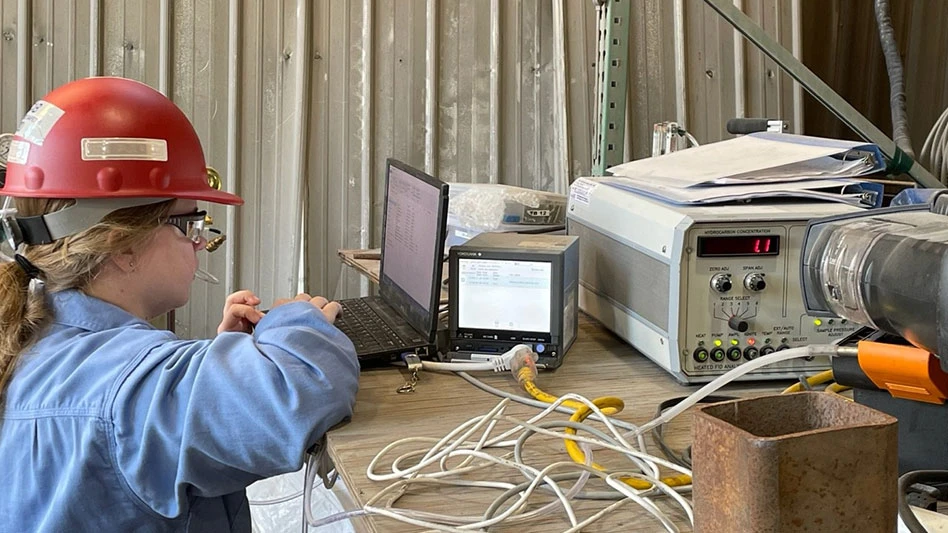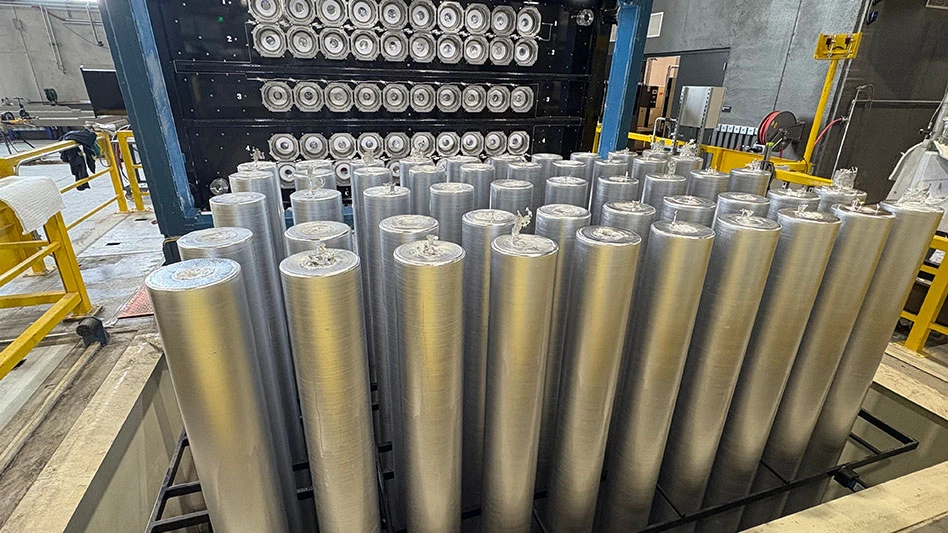
Montreal-based Resolute Forest Products Inc. completed the sale of its kraft pulp and paper mill in Catawba, South Carolina, to Ontario, California-based New-Indy Containerboard LLC on Dec. 31, 2018. The company initially announced terms of the asset purchase agreement on Oct. 2, 2018.
According to a news release from Resolute Forest Products, the total purchase price of about $300 million consists of $260 million in cash, before customary closing adjustments, and the assumption of about $40 million of balance sheet liabilities, largely net pension benefit obligations.
“We are pleased to have completed the sale of the Catawba mill to New-Indy and wish the new team every success with its investment in the diversification of the mill's operations,” says Yves Laflamme, president and CEO of Resolute Forest Products. “We want to thank our employees for their hard work and dedication toward this successful outcome and are pleased that the community will continue to benefit from the mill’s economic and social impact.”
As previously disclosed, Resolute has agreed to use the majority of the proceeds from the asset sale to repurchase $225 million of its 5.875 percent senior notes due in 2023. TM Capital Corp. served as Resolute’s financial advisor on the transaction, while Akerman LLP and Troutman Sanders LLP acted as Resolute’s legal counsels.
Get curated news on YOUR industry.
Enter your email to receive our newsletters.
Latest from Recycling Today
- Ecore acquires New York tire processing firm
- Closed Loop Partners adds private equity managing director
- European Commission drafts new rules for chemically recycled content in plastic bottles
- Redwood Materials launches Redwood Energy
- Cirba Solutions announces new human resources executive
- Cascades to close packaging site in Niagara Falls, New York
- The Glass Recycling Foundation awards $137K in grants
- Goodwill Industries of Ontario Great Lakes and Rotogran International announce collaboration





